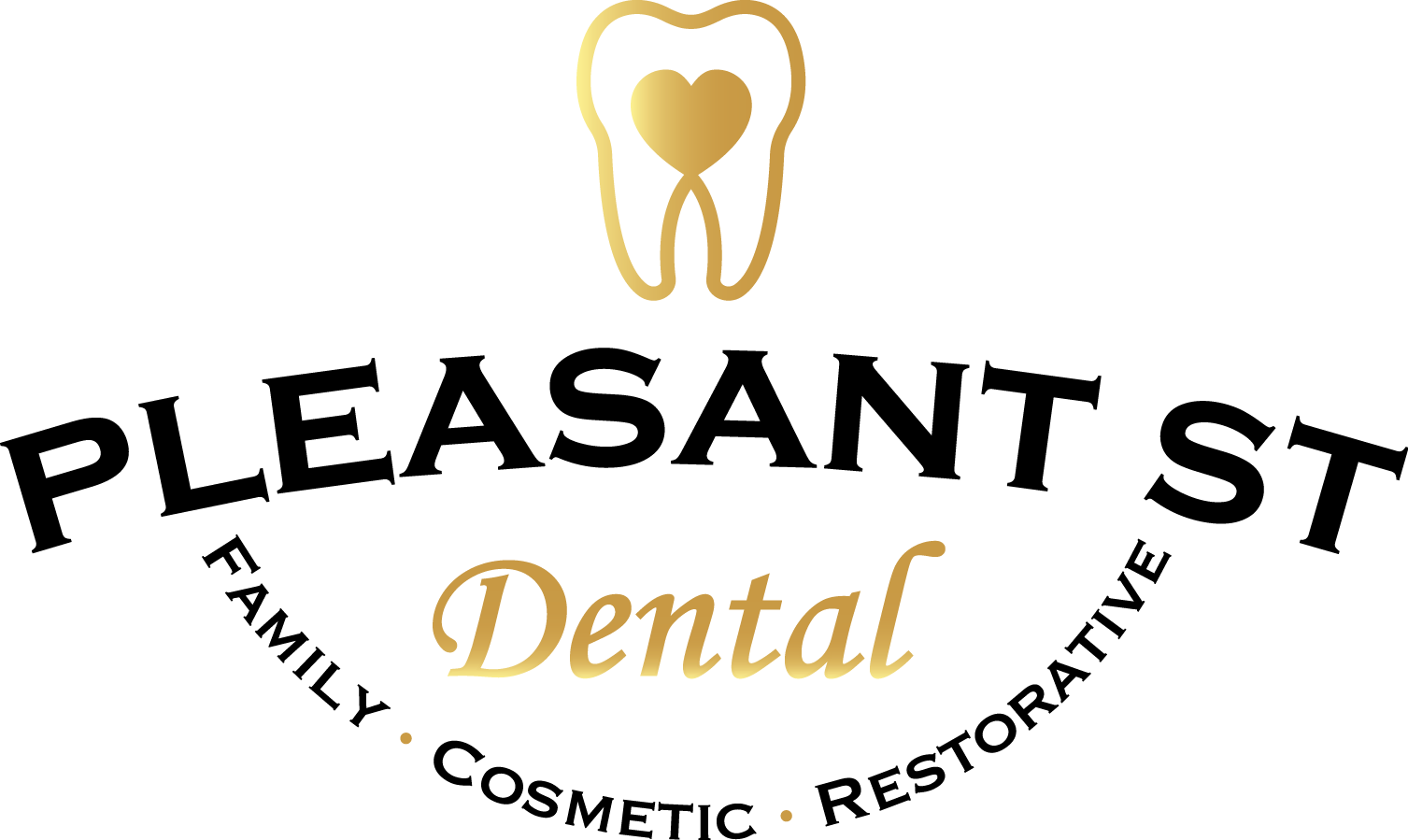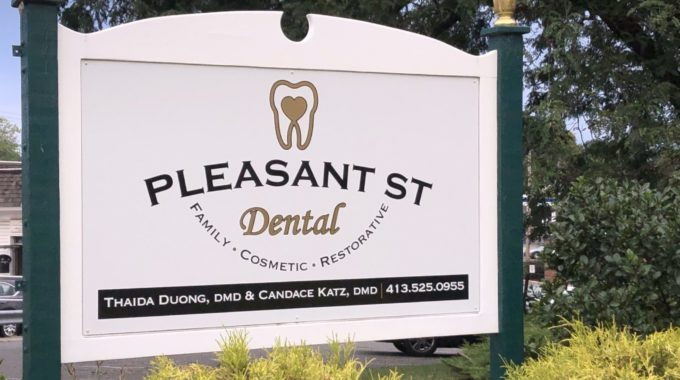To our amazing parents and their kiddos, The summer months are a great chunk of…

TMJ Awareness Month
Do you have recurring jaw pain and headaches? Maybe you notice that your jaw pops or clicks when you open and close your mouth? If so, then you might have a TMJ disorder. November is TMJ Awareness month because TMJ disorders (also called TMD) often go misdiagnosed and untreated. Increased awareness can help you learn the signs of TMD and understand how your dentist can give you relief.
What is TMJ Disorder?
TMJ is short for temporomandibular joint. Although there is no clear-cut cause leading to TMJ, It’s believed that your symptoms can onset due to any sudden injury to your jaw and jaw joints, or your neck and head. A heavy hit anywhere in the facial region or whiplash from a car accident can spark symptoms of TMJ. Other things that have been said to cause the onset of symptoms include grinding or clenching of your teeth, arthritis in your joints, and stress.
Symptoms of TMJ Disorder (TMD)
- Radiating Pain in the Face, Jaw or Neck areas
- Stiffening of the jaw
- Limited movement or jaw locking
- Facial swelling
- Severe headaches or muscle spasms
- A change in the way the upper and lower teeth fit
- You may also experience difficulty chewing or chronic toothaches
Other symptoms that can be experienced but may not appear as common include: Upper shoulder pain, earaches, hearing problems, dizziness, and ringing in your ears.
TMJ Disorder Treatments
Medications and nonsurgical treatments can be the most effective in treating TMJ disorders. Pain relievers and anti-inflammatories such as prescription-strength ibuprofen can be a good second resort for treatment if regular over the counter medications aren’t doing the trick. Certain muscle relaxants have also been known to act as a pain reliever because they help soften pain caused by muscle spasms.
Many of us tend to grind and clench our jaws at night when we’re sleeping, this can easily be fixed with a mouthguard or splint treatment, which is another non-surgical alternative. When all else fails, doctors can recommend surgical treatment for those with more severe cases.
If you believe you are experiencing signs of TMD, there is no need to suffer any longer. Contact our office today to schedule an appointment and our experienced dentists will discuss your symptoms and examine your jaw to find the best course of action to relieve your pain.



